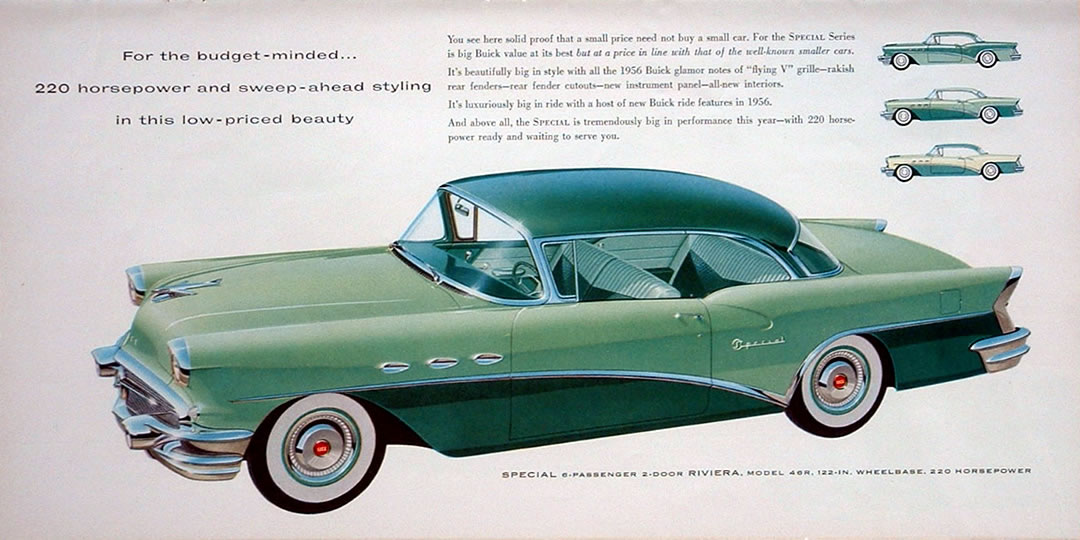During the early and mid-1980’s I was an attorney in private practice. Little by little I gravitated towards criminal law, which seemed to offer more glamorous and action-packed opportunities than the old grind-it-out prospects of business law, divorce or, worse yet, real estate. My clients were bank robbers, counterfeiters and drug dealers who, in the context of the times, were coke mules and mid-level distributors, though rarely the big guys who hid across the border in Mexico or Colombia. Most of the bank robbers and counterfeiters were sociopaths, unable to tell the truth even when it was in their own best interests, a hallmark of sociopathy. The coke mules and local dealers were often Mexican or Central American guys who’d snuck across the border and enjoyed the lifestyle, young men who wore snakeskin boots and carried handguns and most often copped a plea for five years in the Federal Penitentiary without holding a grudge against the system. One coterie of counterfeiters consisted of three Albanian gypsies from Montreal who stole a white Cadillac from a mortuary up there, drove it down to Kansas heading for Belize and got stopped on the Kansas Turnpike where cops discovered a couple hundred thousand dollars in lousy hundreds which had been manufactured at a warehouse in Hamburg. The Secret Service was hip to the money and the guys, and they went down.
That’s when I began to write my first crime novels, which at the time were semi-noir private detectives stories. I’d write at night, on weekends, and read my stuff to friends after dinner, chapter by chapter. I thought my first manuscript was pretty good, though in retrospect it wasn’t by a long shot. I sent it around to writers I’d met on my book collecting forays to California and pretty soon I had a sheaf of modest recommendations from people like Bill Pronzini, Howard Brown, Steven Greenleaf and Loren Estleman. Armed with this, I thought I’d have a go at making a submission on my own—just let the manuscript fly to publisher’s who’d surely gobble up this wonderful work and make me famous, as well as rich.
To my surprise, an editor at the old Avon Books (a paperback house) wrote me a letter back promptly, telling me that given my recommendations she’d “take a chance”. Everbody knows that un-agented, unsolicited manuscripts rarely get published, but I thought I was off to the races and would soon be driving my own Gold Cadillac with girls in the front and girls in the back and way in the back, money in a sack.
About three weeks went by when one rainy morning I got a letter from Avon Books. I eagerly tore it open and read a short note from the editor who called my book, then titled “Uptown Wreck”, GRIM AND SPIRITLESS. She went on to say that she’d never read a book so humorless, which surprised me because I thought that in addition to its nicely-turned mystery, great period settings (early 1950s) and steamy prose, it was funny as hell. I suppose it didn’t help that the private detective in that first manuscript lost a finger and got beaten to a pulp more than once.
Undaunted I began to submit again and again, using my recommendations to gain entry to a host of small paperback houses that still flourished back then. Editors I wrote to didn’t exist, or had been fired, or had been replaced. My queries came back in the form of mimeographed rejections saying thanks but the “material is not for us”, or “does not suit our current needs”. In some cases, the company had gone out of business. In one, I was informed that the publisher had been “folded” into a larger company and I was out of luck. I began to feel grim and spiritless.
Maybe an agent was what I needed. I wrote to Loren Estleman who told me he’d recommend to his agent a first reading of my books. Pretty soon a manuscript was on its way to Ray Puechner in Milwaukee, who was Loren’s agent. Inside a week, Ray wrote me back that he loved the book and he’d been happy to represent me. It was another rainy day and I danced a jig on my front porch in anticipation of riches and fame. Reading on, however, I learned that Ray had decided to send the manuscript to…
Avon Books.
I sweated bullets because I hadn’t mentioned to Ray my many previous submissions, a very unprofessional thing. For the next few weeks I was in a funk, figuring I’d lost my agent and any chance in the business.
Then one day Ray telephoned to say he’d sold the book to Avon, naming an editor (not the grim and spiritless lady) who said she thought the manuscript needed some cutting, but that overall it was funny and engaging.
I didn’t get a lot of money for the book, but enough to buy myself a 1956 Buick Special from an old lady who drove it to church on Sunday. I loved that car and I’ll always be grateful to Ray Puechner of Milwaukee for taking a chance on me and making all the rest possible. Inside a year Ray was dead of a brain tumor, a great and generous man.

